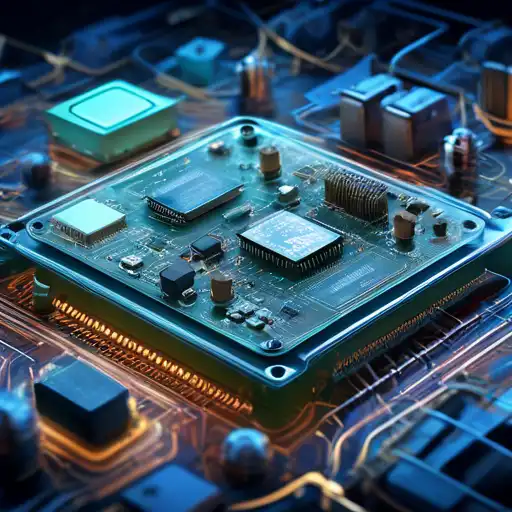The Hidden Power of Embedded Systems in Modern Smart Devices
Embedded systems are the cornerstone of today's smart devices, acting as the brains behind their functionality. From smartphones to smart refrigerators, these systems ensure that devices operate efficiently, intelligently, and autonomously. This article delves into the world of embedded systems, exploring their role, importance, and the future they are shaping in the realm of smart technology.
What Are Embedded Systems?
An embedded system is a dedicated computer system designed for specific control functions within a larger system. It is embedded as part of a complete device often including hardware and mechanical parts. Unlike general-purpose computers, which are designed to handle a wide range of tasks, embedded systems are optimized for their specific tasks, leading to increased efficiency and reliability.
The Role of Embedded Systems in Smart Devices
Smart devices rely on embedded systems to perform their core functions. For example, in a smart thermostat, the embedded system processes temperature data, communicates with other devices, and adjusts the heating or cooling system accordingly. Similarly, in wearable technology, embedded systems monitor health metrics and provide real-time feedback to the user.
Key Components of Embedded Systems
- Microcontrollers: The heart of an embedded system, microcontrollers are compact integrated circuits designed to govern a specific operation in an embedded system.
- Sensors: These components collect data from the environment, such as temperature or motion, which the system then processes.
- Actuators: Actuators convert the system's electrical signals into physical action, such as turning on a light or adjusting a motor's speed.
- Software: The software in embedded systems is specifically designed to manage the hardware and perform the intended functions efficiently.
Why Embedded Systems Are Essential for IoT
The Internet of Things (IoT) is a network of interconnected devices that communicate and exchange data. Embedded systems are fundamental to IoT, enabling devices to collect, process, and transmit data seamlessly. Without embedded systems, the IoT ecosystem would not be able to function, highlighting their critical role in modern technology.
The Future of Embedded Systems in Smart Devices
As technology advances, embedded systems are becoming more sophisticated, enabling smarter and more autonomous devices. Future trends include the integration of artificial intelligence (AI) to enhance decision-making capabilities and the use of more energy-efficient components to extend device lifespans. The potential for embedded systems is limitless, promising a future where smart devices are even more integrated into our daily lives.
Embedded systems are the unsung heroes of the digital age, powering the devices that make our lives easier and more connected. As we continue to push the boundaries of what's possible with technology, the role of embedded systems will only grow in importance, solidifying their place as the brains behind smart devices.
